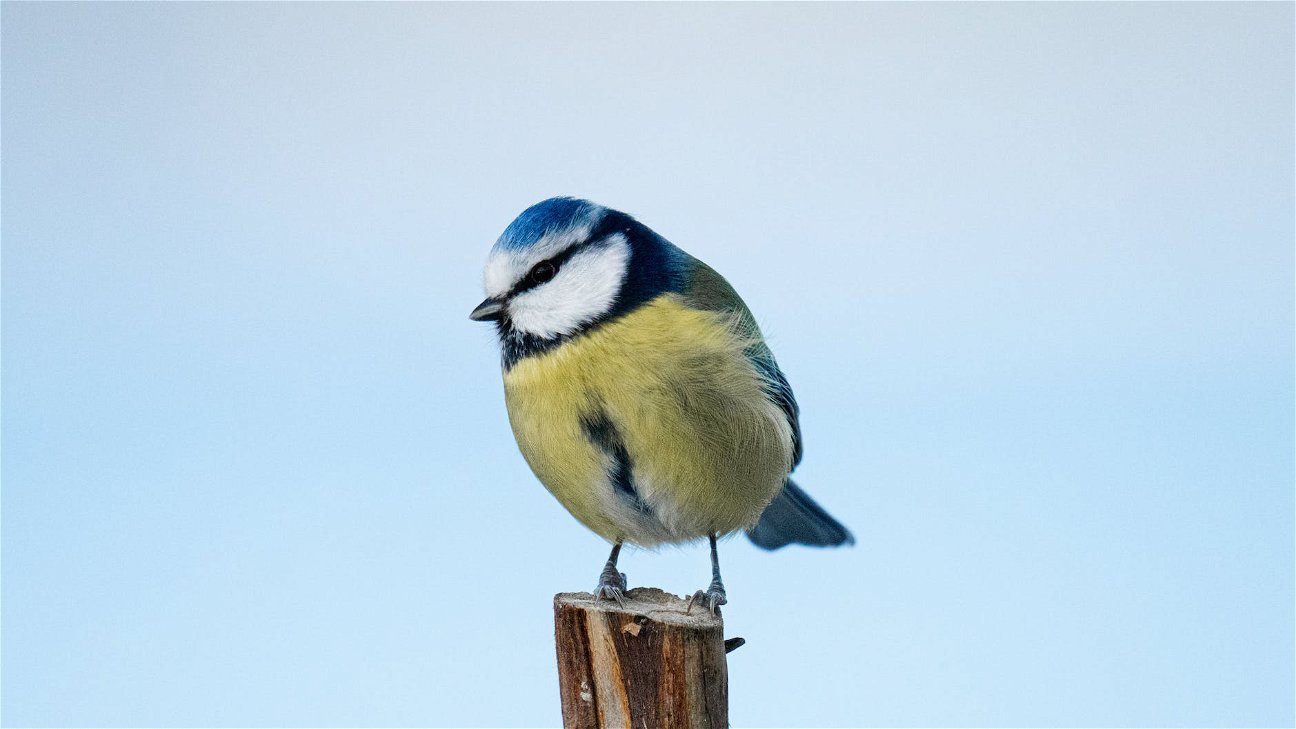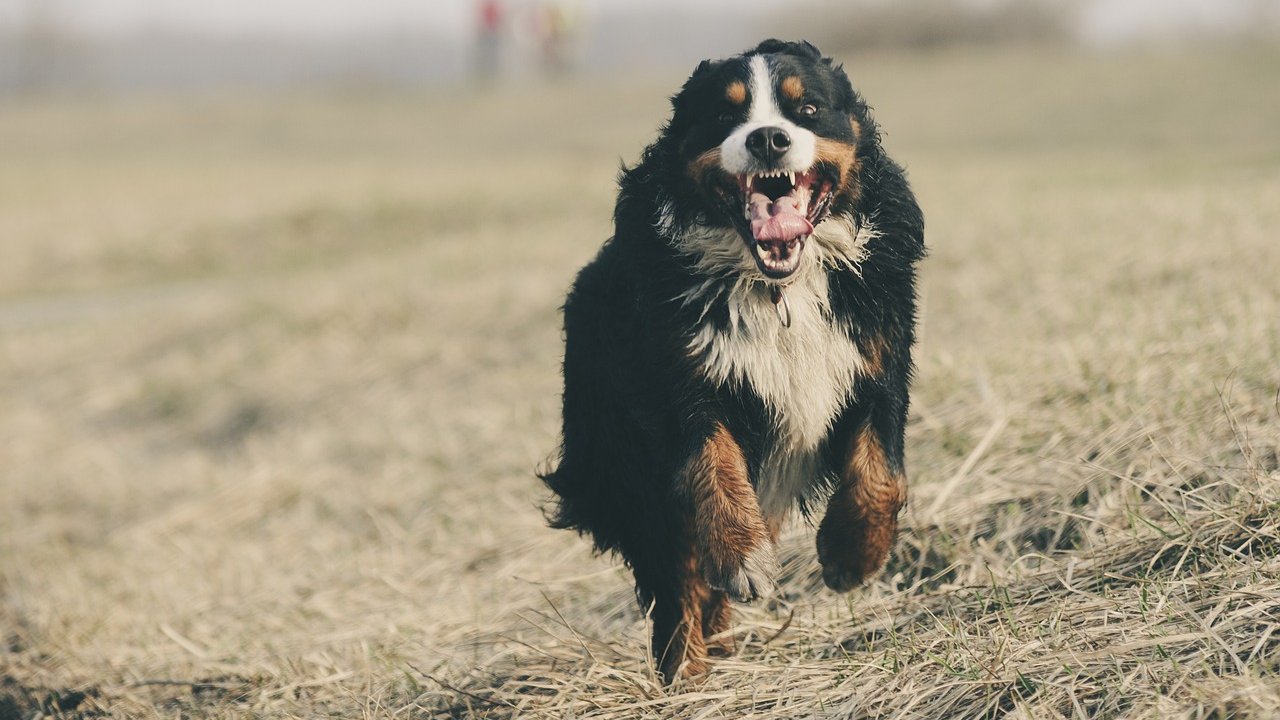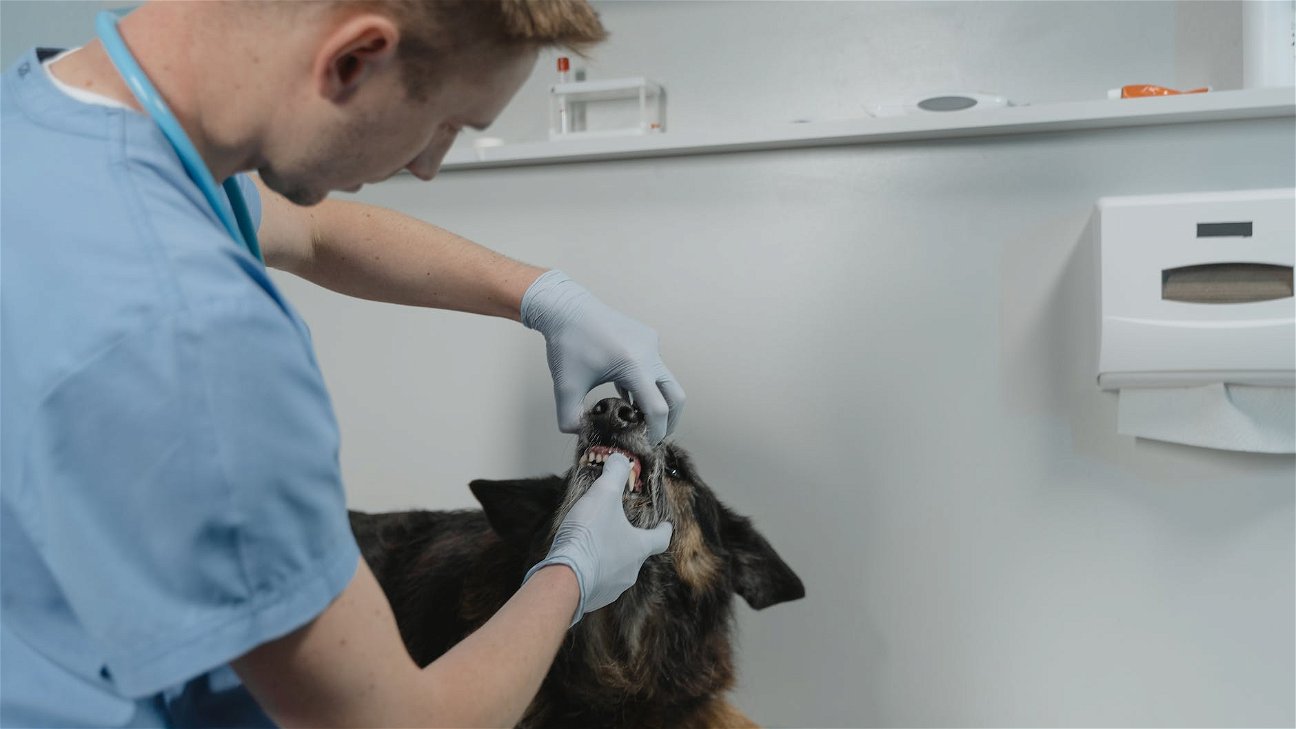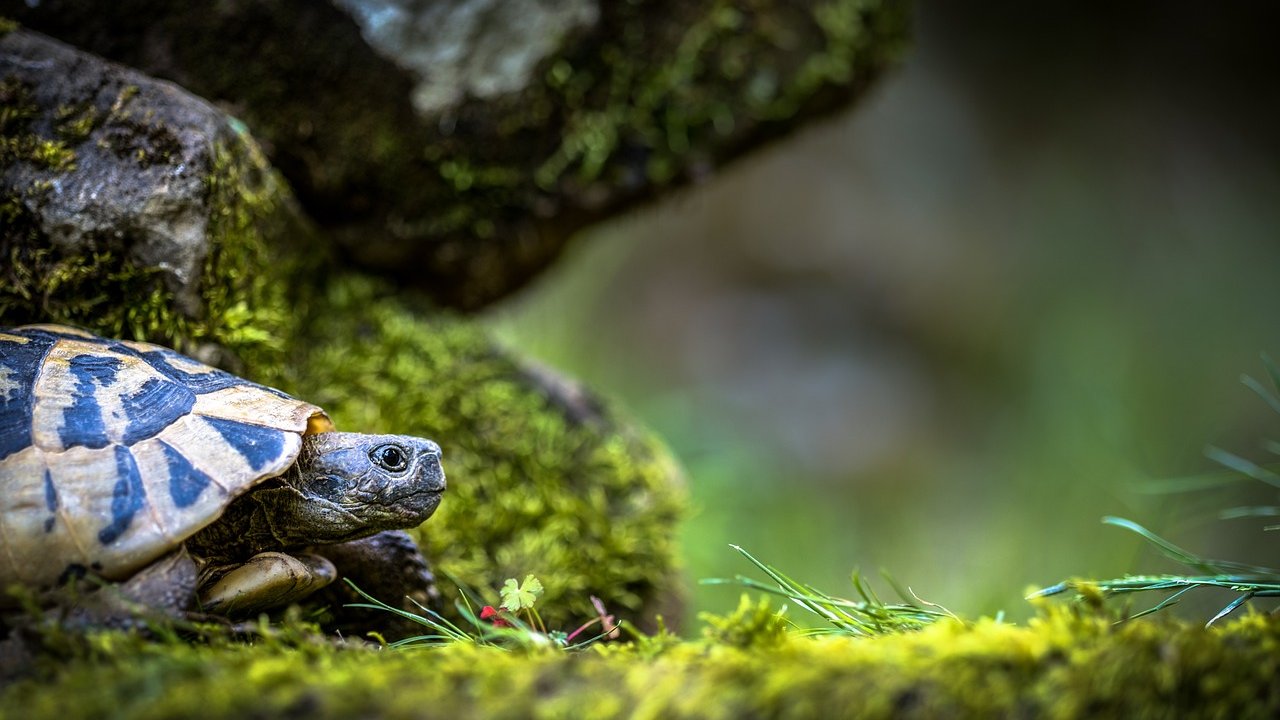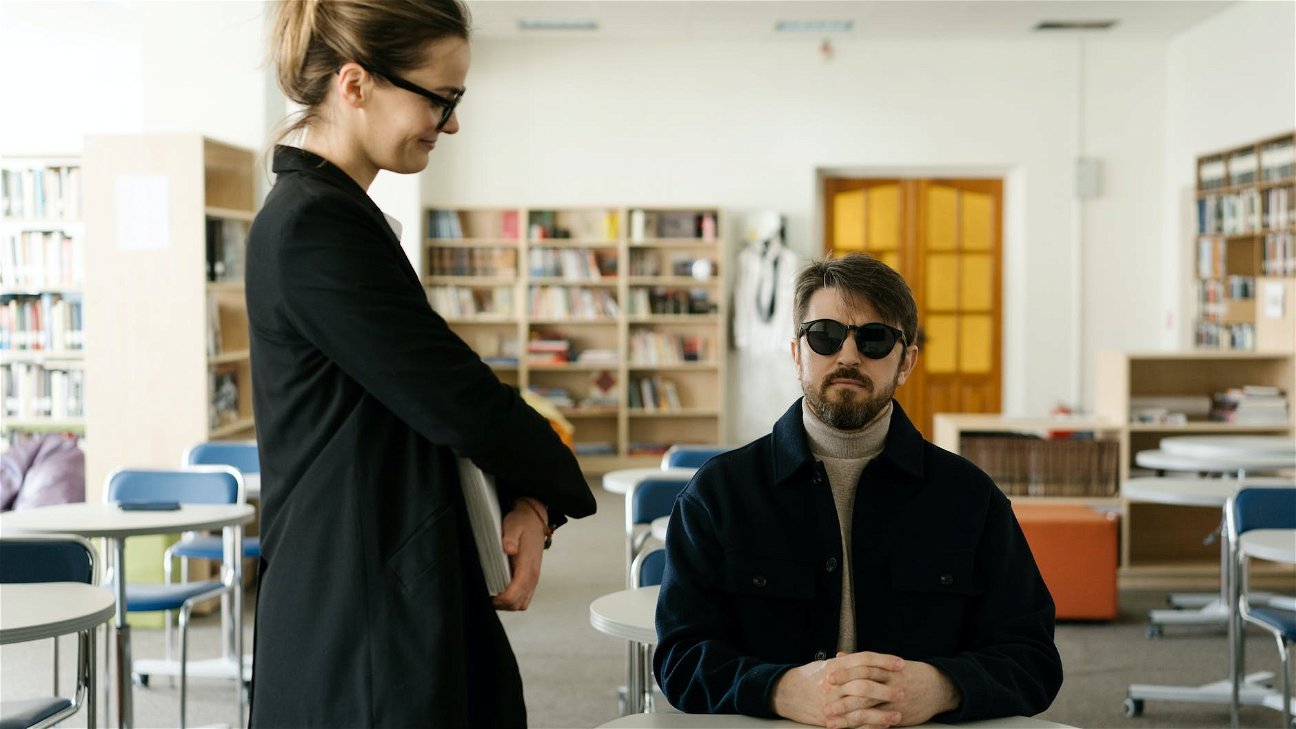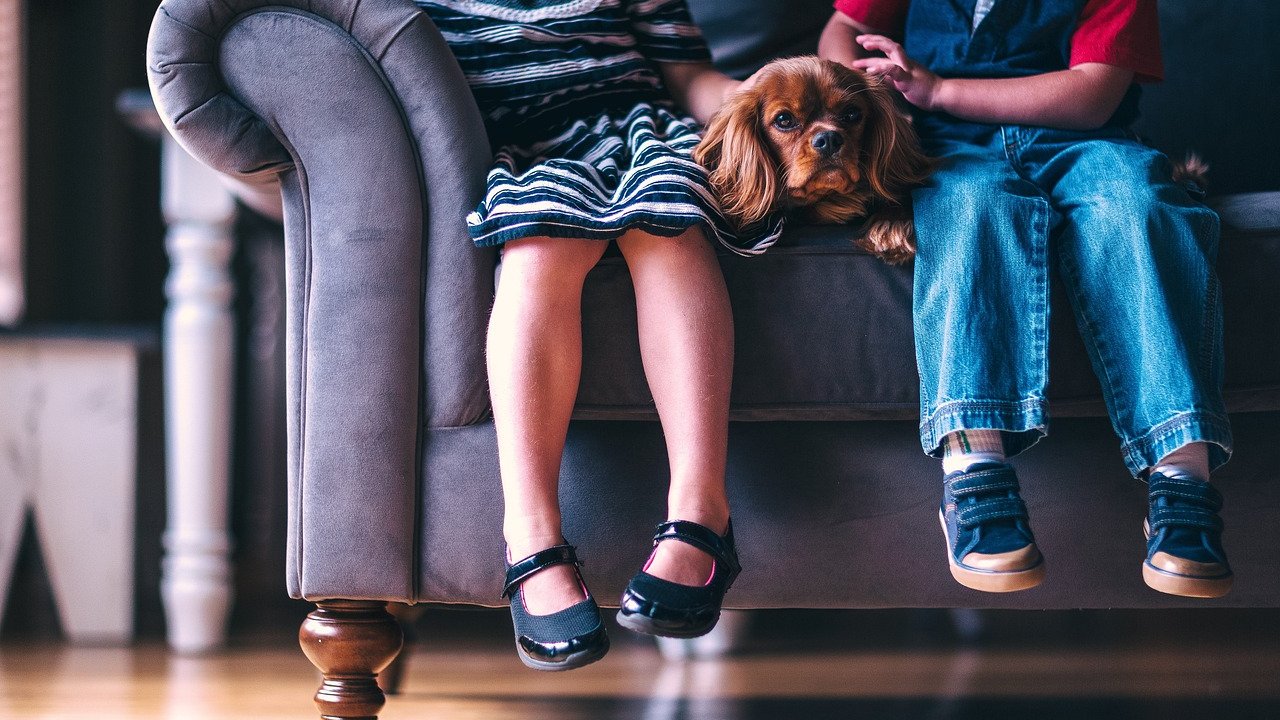
Whether you're a parent, a pet owner, or both, you've likely noticed that the bond between kids and pets can be an incredibly special relationship. It's crucial, however, to ensure that these interactions remain positive and safe for everyone involved. Here are some tips to help you cultivate positive interactions between kids and pets.
Teach respect for pets
One of the most crucial aspects of fostering positive interactions between kids and pets is educating children about respecting animals. Teach kids that pets are not toys, but living beings with feelings who deserve kind and gentle treatment.
- Tip 1: Explain to children that pets have feelings too, and they can feel happiness, fear, or pain, just like humans.
- Tip 2: Teach children to approach pets calmly and quietly to avoid scaring them.
- Tip 3: Encourage children to observe pets' body language. This can help them understand when a pet might be scared or uncomfortable.
Promote safe interactions
Ensuring safe interactions between kids and pets is of utmost importance. Here are some guidelines to keep in mind:
- Tip 1: Supervise interactions between young children and pets at all times.
- Tip 2: Teach children not to bother pets while they are eating or sleeping.
- Tip 3: Let children know they should not pull on a pet's ears, tail, or fur.
Foster a bond through shared activities
Creating shared experiences between children and pets can be a great way to foster a strong bond. This can involve activities that both the child and pet can enjoy.
Here's a table outlining some shared activities that can help build a positive relationship:
Encourage responsibility
Encouraging children to take responsibility for pets can help create a sense of ownership and respect. This involves teaching children about the daily duties that come with owning a pet, such as feeding, grooming, and taking the pet for walks.
The role of parents
Parents play a crucial role in cultivating positive interactions between kids and pets. It's important that parents model positive behavior and set clear rules about how to treat pets. Regularly reviewing these rules and the reasoning behind them can help children understand and respect the pets in the house.
In conclusion, cultivating positive interactions between kids and pets is a rewarding but important task. By teaching respect, promoting safe interactions, fostering a bond through shared activities, encouraging responsibility, and taking an active role as a parent, you can help cultivate a positive relationship between your child and pet that can last a lifetime.
